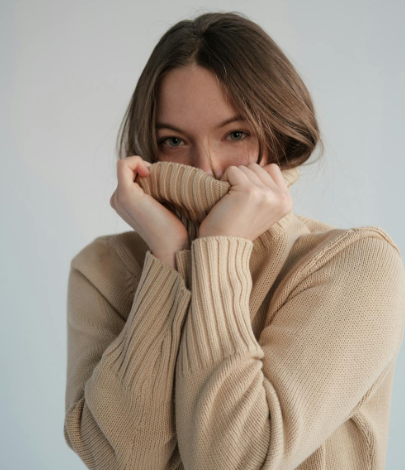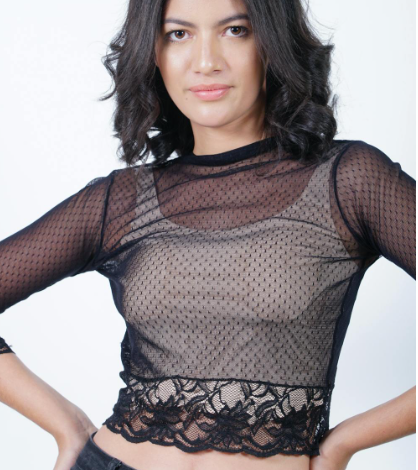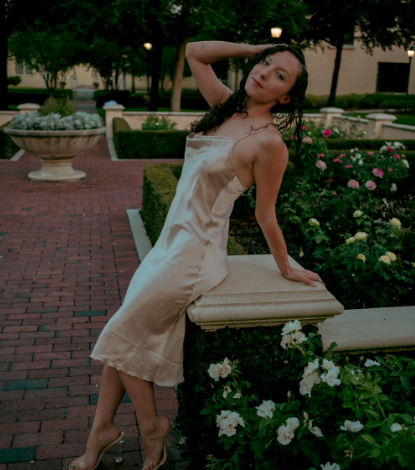
Fashion Capitals of the World: Exploring Global Style Destinations
Fashion has always been a reflection of culture, art, and individual expression. Throughout history, certain cities have emerged as influential fashion capitals, setting trends and inspiring designers and fashion enthusiasts worldwide. From Paris to Tokyo, these global style destinations have left an indelible mark on the fashion landscape. In this article, we will take a journey through the fashion capitals of the world, exploring their unique styles, iconic designers, and vibrant fashion weeks.
Paris: The Epitome of Fashion
When it comes to fashion, Paris is undoubtedly the first city that comes to mind. Known as the birthplace of haute couture, Paris has long been the epitome of elegance and sophistication. The city’s rich history and cultural heritage have nurtured an environment where fashion thrives.
Paris is home to legendary fashion houses such as Chanel, Dior, and Louis Vuitton. These iconic brands have not only shaped the fashion industry but have also become synonymous with luxury and timeless style. The craftsmanship and attention to detail displayed by Parisian designers have set the bar high for the global fashion community.
One of the highlights of the fashion calendar in Paris is Paris Fashion Week. This prestigious event attracts fashion insiders, celebrities, and influencers from around the world. It serves as a platform for renowned designers to showcase their latest collections and set the trends for the upcoming seasons. Paris Fashion Week embodies the essence of Parisian style and is a testament to the city’s enduring influence on the fashion world.
Milan: Where Tradition Meets Modernity
In Milan, fashion is not just a fleeting trend but a way of life deeply rooted in tradition. Italy’s second-largest city has a reputation for impeccable craftsmanship and refined taste. Milan is often associated with luxury and sophistication, and its fashion scene perfectly reflects these qualities.
Italian fashion brands such as Gucci, Prada, and Versace have gained global recognition for their distinctive designs and impeccable quality. Milan’s designers draw inspiration from the city’s rich artistic heritage, combining traditional techniques with contemporary aesthetics. The result is a perfect blend of classic elegance and modern innovation.
Milan Fashion Week is a celebration of Italian fashion and culture. The event showcases the creativity and artistry of both established and emerging designers. Milan Fashion Week is known for its glamorous runway shows, where cutting-edge designs grace the catwalk. It is a must-attend event for fashion enthusiasts and industry professionals alike, offering a glimpse into the future of Italian fashion.
London: A Hub of Creativity and Innovation
London’s fashion scene is renowned for its creativity, individuality, and willingness to push boundaries. The city has a long history of nurturing emerging talent and providing a platform for unconventional designs. London’s diverse and vibrant culture has given rise to some of the most innovative fashion trends in recent years.
London’s fashion evolution can be traced back to the Swinging Sixties, when British designers like Mary Quant and Vivienne Westwood challenged traditional fashion norms and introduced new styles that resonated with the youth culture. Today, London remains a hub of creativity and innovation, attracting fashion-forward individuals from all over the world.
British designers continue to make waves in the industry, with names like Alexander McQueen, Stella McCartney, and Christopher Kane gaining international acclaim. These designers have a knack for blending traditional craftsmanship with avant-garde elements, creating designs that are both thought-provoking and visually stunning.
London Fashion Week, held twice a year, showcases the city’s cutting-edge fashion talent. The event brings together established and emerging designers, as well as industry professionals, buyers, and fashion enthusiasts. London Fashion Week is known for its diversity and inclusivity, celebrating fashion in all its forms and providing a platform for emerging voices.
New York: The Intersection of Fashion and Business
When it comes to the business of fashion, no city rivals New York. The Big Apple has earned its reputation as a global fashion capital by seamlessly blending creativity and commerce. New York’s fashion industry is a powerhouse, driving trends, shaping consumer preferences, and fueling the economy.
New York’s rise as a fashion capital can be attributed to its diverse and dynamic fashion scene. The city is home to a melting pot of cultures, which is reflected in its fashion landscape. American designers have made a significant impact on the global stage, with names like Ralph Lauren, Calvin Klein, and Marc Jacobs becoming synonymous with American style.

New York Fashion Week is one of the most anticipated events in the fashion calendar. It showcases the latest collections from both established and emerging designers, attracting international media attention and setting the tone for upcoming fashion trends. The event is not only a platform for designers but also a meeting ground for fashion insiders, buyers, and influencers.
Tokyo: A Fusion of Tradition and Avant-garde
Tokyo’s fashion scene is a captivating blend of tradition and avant-garde street style. The city has a reputation for being at the forefront of fashion innovation, constantly pushing boundaries and defying conventions. Tokyo’s fashion subcultures have gained global recognition, inspiring designers and fashion enthusiasts worldwide.
Japanese fashion designers like Yohji Yamamoto, Issey Miyake, and Rei Kawakubo have made a significant impact on the industry with their unconventional designs and avant-garde aesthetics. Tokyo’s fashion is characterized by its ability to seamlessly merge traditional Japanese elements with futuristic and experimental elements.
Tokyo Fashion Week is a showcase of the city’s diverse and eclectic fashion scene. It embraces street style and individual expression, providing a platform for emerging designers and subculture movements. The event attracts fashion enthusiasts, trendsetters, and industry professionals who seek inspiration from Tokyo’s unique fashion landscape.
Conclusion
Fashion capitals around the world play a vital role in shaping global fashion trends and inspiring designers and fashion enthusiasts alike. From Paris’s elegance and sophistication to Milan’s tradition and modernity, London’s creativity and innovation, New York’s intersection of fashion and business, and Tokyo’s fusion of tradition and avant-garde, each city has its unique contribution to the fashion world.
These fashion capitals serve as creative hubs where designers, artists, and fashion enthusiasts gather to celebrate the art of self-expression through clothing. They host prestigious fashion weeks that bring together established and emerging talents, setting the stage for the next big trends.
Whether you’re a fashion lover or simply intrigued by the ever-evolving world of style, exploring the fashion capitals of the world offers a glimpse into the rich tapestry of global fashion and the endless possibilities for self-expression through clothing.
FAQs
1. Are fashion capitals limited to these cities?
No, fashion capitals are not limited to the cities mentioned in this article. While Paris, Milan, London, New York, and Tokyo are widely recognized as major fashion capitals, there are other cities that also contribute significantly to the global fashion scene. Cities like Berlin, Barcelona, Seoul, and Sydney, among others, have emerged as important fashion destinations, showcasing their unique styles and fostering local design talent.
2. What factors contribute to a city becoming a fashion capital?
Several factors contribute to a city becoming a fashion capital. These include a rich cultural heritage, a thriving creative community, a supportive infrastructure for fashion businesses, renowned fashion schools, influential fashion publications, and the presence of established and emerging designers who push boundaries and set trends. Additionally, the city’s history, economic influence, and global visibility also play a role in establishing its status as a fashion capital.
3. How do fashion weeks influence the industry?
Fashion weeks are instrumental in shaping the fashion industry. They provide a platform for designers to showcase their latest collections, attracting attention from buyers, media, influencers, and fashion enthusiasts. Fashion weeks set the trends for upcoming seasons, influencing consumer preferences and guiding the fashion market. These events also facilitate networking and collaboration among industry professionals, fostering business opportunities and driving the growth of the fashion industry.
4. How do fashion capitals impact local economies?
Fashion capitals have a significant impact on local economies. They generate employment opportunities, attract tourists and visitors, and contribute to the growth of related industries such as retail, hospitality, and manufacturing. Fashion weeks and events hosted by these cities generate substantial revenue through ticket sales, sponsorships, and collaborations. Additionally, the presence of fashion brands and designers in these cities drives economic activity, from fashion retail sales to international trade and business partnerships.
5. How do fashion capitals influence personal style?
Fashion capitals influence personal style by setting trends, showcasing diverse fashion aesthetics, and inspiring individuals to experiment with their own wardrobe choices. The styles showcased in fashion capitals trickle down to the mass market, influencing fashion retailers, designers, and consumers globally. Fashion enthusiasts look to these cities for inspiration, incorporating elements of the latest trends into their personal style. Ultimately, fashion capitals serve as a source of inspiration and creativity, encouraging individuals to express their unique identities through fashion.


